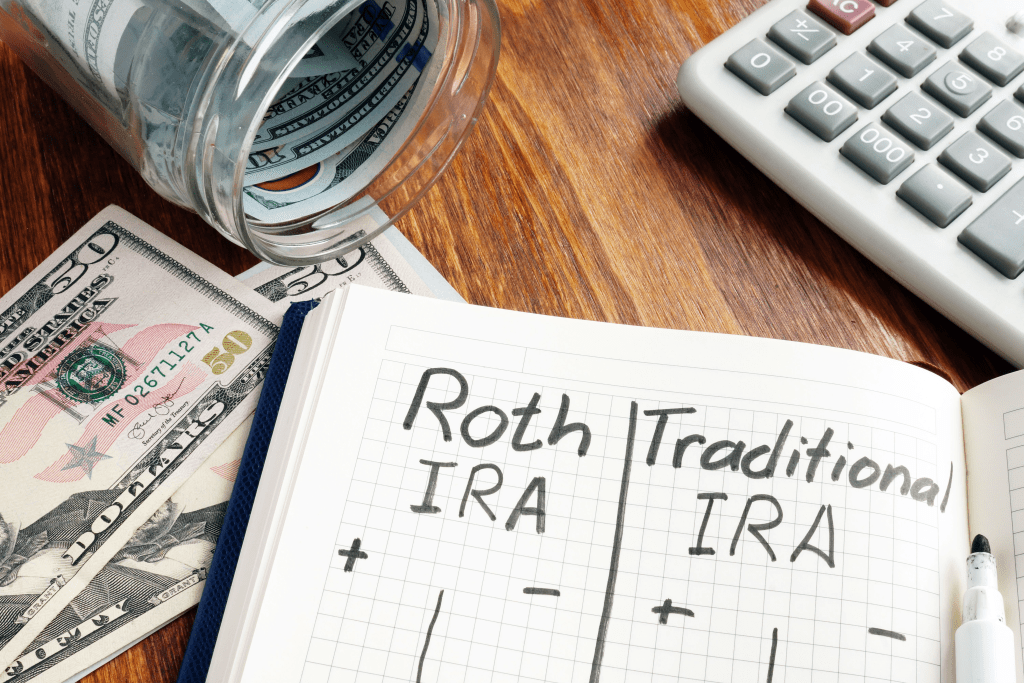The average American has less than $110,000 saved before they retire. This gives most retired Americans less than three years to live off of. If you want to boost your retirement account while reducing your liability, we have everything that you need to know.
To get started, IRA stands for Individual Retirement Account. Both ROTH and Traditional IRA result in tax-free growth. However, the way in which you fund the IRA differ for tax purposes.
What’s The Difference?
ROTH IRA contributions are made with after-tax dollars, while traditional IRA contributions are made with pre-tax dollars. What does this mean? A Traditional IRA contribution reduces your taxable income by your contribution amount in the year you make the contribution, while a ROTH IRA contribution and its earnings are tax free at the time of distribution.
Both IRAs have the same contribution deadline – you can contribute through the entire calendar year and up to April 15th of the following year.
Benefits and Limitations
Traditional IRA
Deductibility is determined by whether you or your spouse are covered by a workplace retirement account (401K, Profit Sharing or Pension) and certain income levels.
Traditional IRA Contributions deductions are not limited by income, if you are not covered by an employer sponsored plan.
The drawbacks for Traditional IRA are that there may be penalties. A Traditional IRA is structured for retirement and early distributions, withdrawals before 59.5 may be faced with a 10% on top of ordinary income tax. Some exceptions may apply.
ROTH IRA
ROTH contributions can be good for long-term diversification for those just entering the workforce while their tax bracket and income are still relatively low. Although there are no immediate tax breaks here, your earnings are tax free upon distribution and can still participate in an employer sponsored retirement plan.
ROTH can distribute all contribution totals without penalty at any time, but the earnings if distributed under 59.5 will be subject to the same 10% penalty.
More Questions?
Contact us today, if you have questions on which IRA is best for you.





